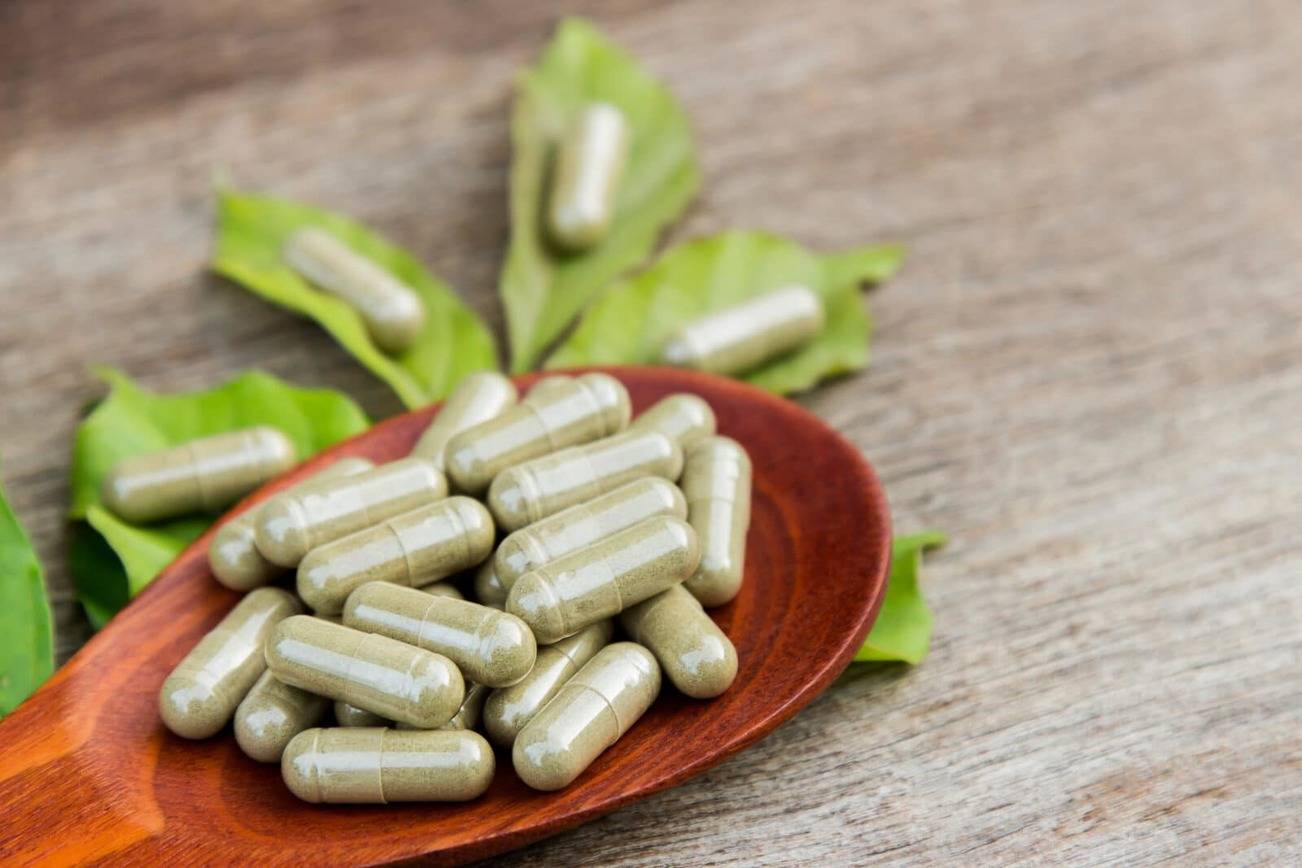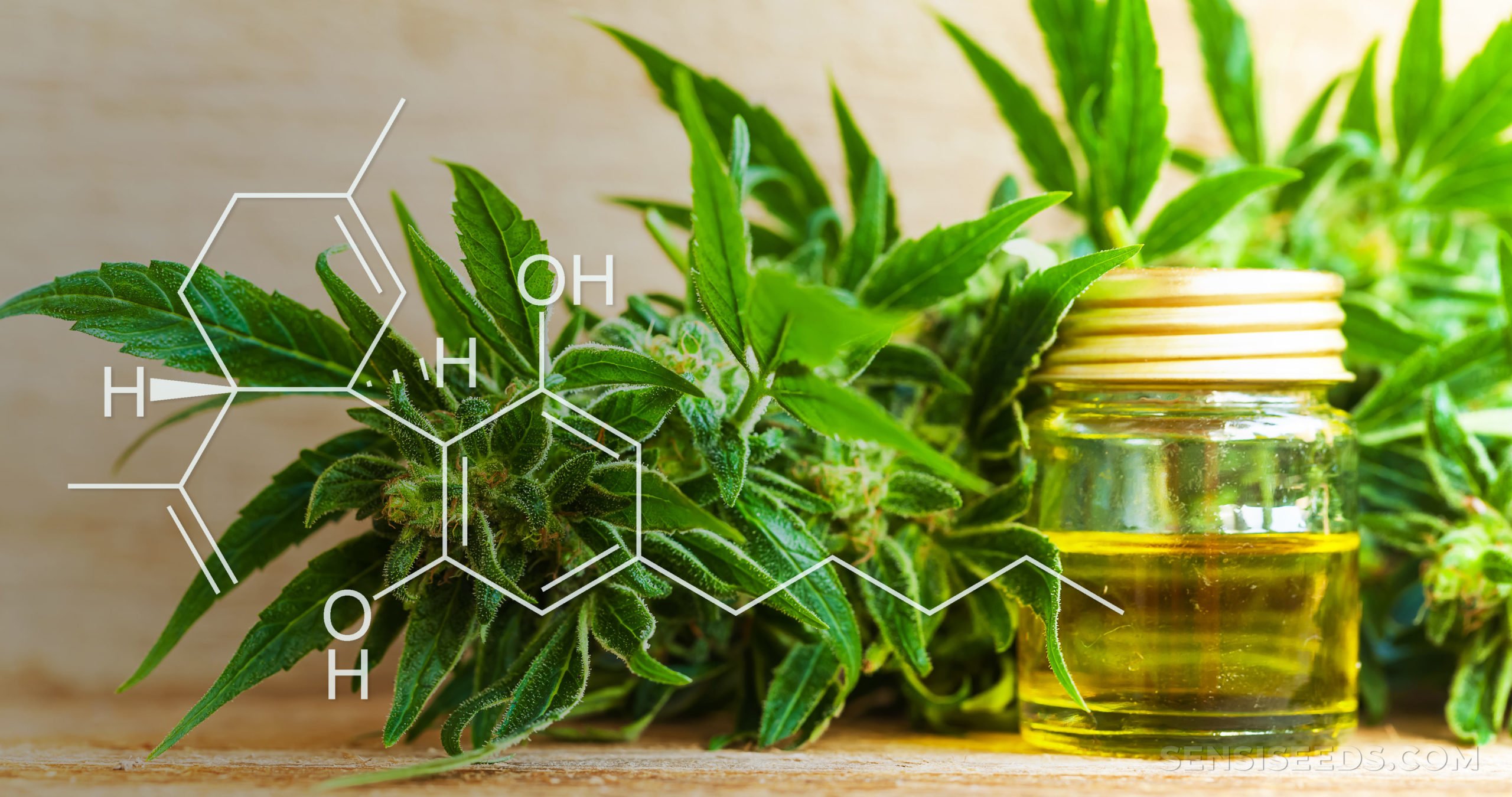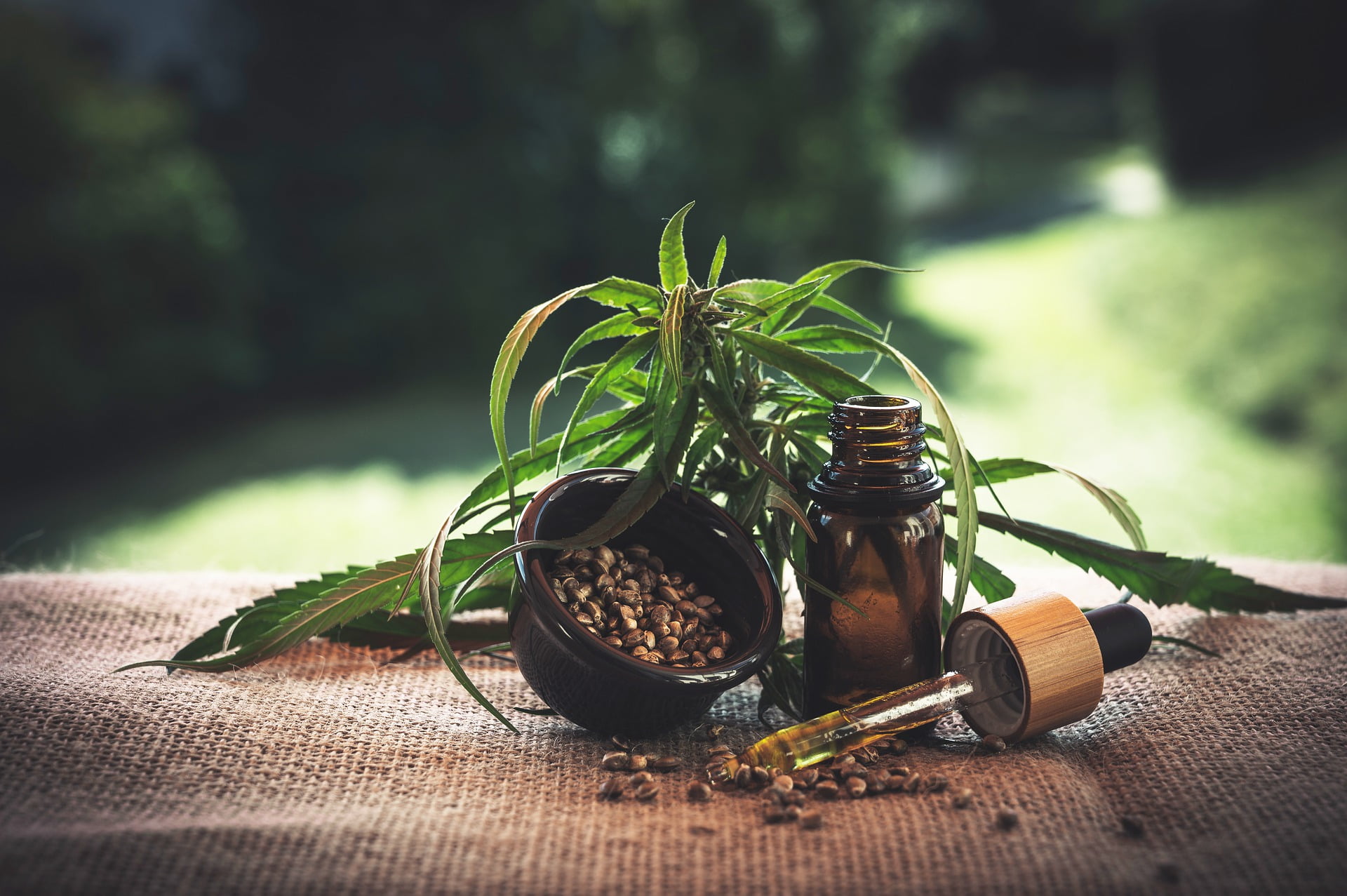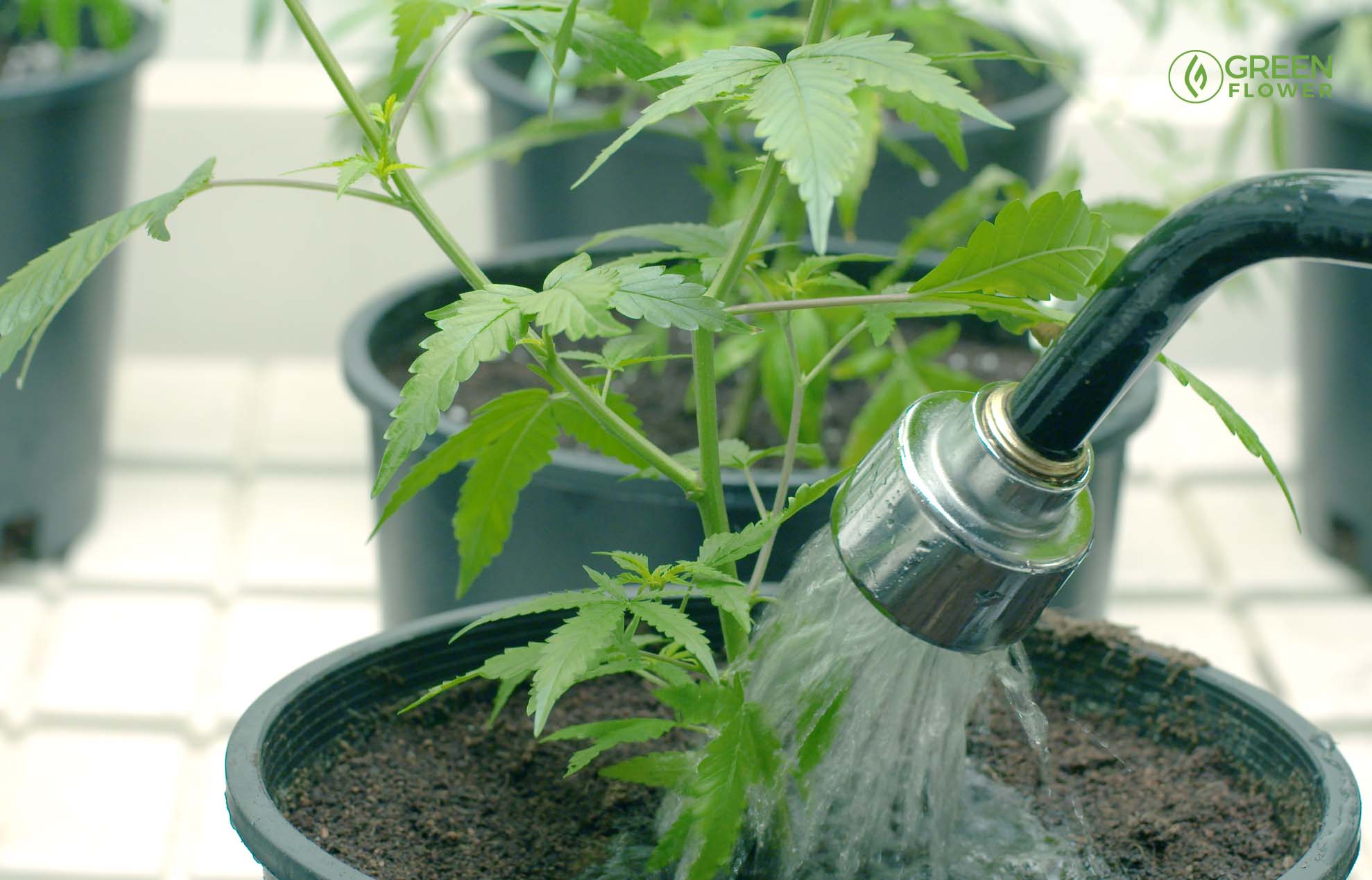
Mental illness and addiction affect many people in the United States. Often, the two problems co-occur, creating a need for specialized dual-diagnosis treatments. Living with a dual diagnosis can be challenging, especially without professional help.
Recognizing the warning signs that a dual diagnosis might exist can help people gain control of their lives and begin to enjoy them again. Trying to manage a dual diagnosis without professional help can be potentially fatal, so you must speak to your doctor or mental healthcare provider if you have any concerns.
What is a co-occurring disorder?
Co-occurring disorders (dual diagnosis) happen when someone has a mental health disorder while suffering from a substance abuse disorder. The mental health disorder can be challenging to diagnose because the substance abuse problem tends to hide other symptoms. Some therapists confuse mental health symptoms with the signs of addiction.
When co-occurring disorders go untreated, they usually worsen over time. Sometimes, people develop complications that make the possibility of future treatment plans more complicated.
Knowing what to look for helps people recognize that they might need help for two problems. Here are six signs you might need a two-pronged treatment plan.
Using drugs to manage stress or anxiety
One of the first signs of a potential dual-diagnosis is when a patient uses drugs or alcohol for self-medication. Living with stress, anxiety, depression, or any other mental illness is challenging. When people with mental illnesses do not receive help from professionals, they can turn to drugs or alcohol to numb their pain or help them manage their symptoms.
Other family members suffer from mental illness
Some people have mental illnesses that run in their families. Generally, genetic mental illnesses can become dual-diagnoses, as the problem can turn people to drugs and alcohol to cope. When mental illnesses run in families, some family members might not realize that they have a problem because nothing triggers it like trauma can trigger PTSD.
When your family member has a genetic mental illness, they might tend to turn to alcohol or drugs to manage their interior and exterior lives. Addiction might become so familiar to the family that they don’t even consider it a problem.
The inability to get through the day without drugs or alcohol
A sure sign of a need for dual-diagnosis treatment is not getting through your day without needing to self-medicate with drugs or alcohol. During a co-occurring disorder, emotions and behaviors are difficult to control without drugs and alcohol, which temporarily mask the problem.
People with co-occurring disorders might find that alcohol calms their emotions for a short time. Drugs might help people living with anxiety fall asleep. Without drugs and alcohol, the pain from the mental illness might be overwhelming, so drinking or doing drugs becomes the only option to soothe the pain.
Your emotions become dark if you aren’t drunk or high
With a co-occurring disorder, you might struggle to live a life without drugs or alcohol. Being drunk or high covers your emotions, and without substances, your feelings take you to a dark and scary place. Not managing your emotions is the sign of a mental illness, and easing your feelings with drugs and alcohol is the sign of a second one.
Drugs and alcohol change brain chemistry, and some mental illnesses result from altered brain chemistry. Combining two problems with brain chemistry is a sign that a person needs to have treatment from a professional skilled in treating dual disorders like addiction combined with depression, anxiety, bipolar disorder, and more.
You were diagnosed with a mental illness before becoming addicted to drugs or alcohol
Some people struggle with mental illnesses their entire lives. When you’ve already been diagnosed with a mental illness, then you begin abusing drugs or alcohol, you most likely have co-occurring disorders.
Sometimes, people think that their addiction caused the mental disorder or vice versa. Typically, dual diagnoses are two independent disorders occurring simultaneously, though the presence and side effects of one may worsen the other.
You haven’t been able to live life without drugs or alcohol for years
People with co-occurring addiction and mental disorders often cannot remember the last time they felt normal without drugs or alcohol. Usually, something happened that triggered the need for addictive substances, and the person could not stop because life was too difficult.
Self-medicating is a warning sign that you might have two problems. One problem is coping by using drugs or alcohol, and the other problem is the reason you feel the need to drink or do drugs to cope with your situation. Unfortunately, drinking or taking drugs will only worsen the underlying problem.
Wrap up
Only treating one disorder and not the other can lead patients to have poor responses to their treatment programs and develop other medical issues. Co-occurring conditions can be dangerous for people who have them and for the people who live and work with them.








